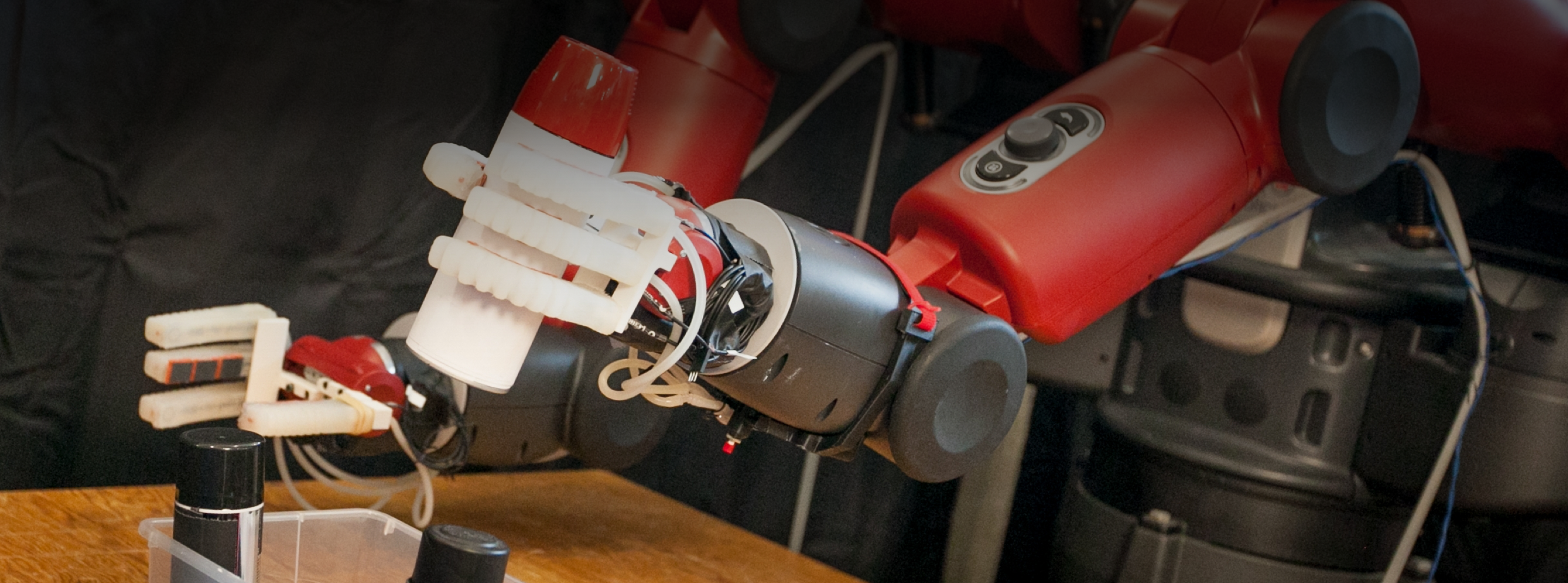WRITTEN BY: Matt Busekroos | VIDEO BY: Nate Caldwell
Joseph Suarez began his academic journey on the west coast at Stanford University. At Stanford, Suarez earned his undergraduate degree in computer science and artificial intelligence. The Fairfield, Connecticut native made his way back to the east coast after a fruitful internship with Professor Phillip Isola. Suarez followed Isola to MIT where he is now in the process of earning his PhD studying multi-agent reinforcement learning methods and environments. Suarez said a few of his colleagues are working on reinforcement learning, while others are working on various areas of computer vision. “While you might think that areas of AI research would be pretty siloed, they're actually quite interrelated,” Suarez said. “We’re all constantly porting techniques from one subfield to another, so having many perspectives from different disciplines has been quite helpful.”
Suarez’s main project is neural MMO, which is a research platform designed to help understand and create multi-agent intelligence. He said it is heavily inspired by the classic game genre of massively multiplayer online games, which simulate hundreds to thousands of players in persistent virtual worlds with realistic economies and diverse task structure. “Every player is doing something completely different and it resembles intelligence in the real world in a way that lots of the other environments and tasks we're using in reinforcement learning and agent-based intelligence as a whole right now, really don't,” Suarez said. Suarez said one goal is to take the qualities of these sorts of games that are important to intelligence in the real world and bring them into reinforcement learning and agent-based research. This project is both open source and designed to be computationally accessible, meaning that anyone, regardless of the hardware that they have access to can start working on contributing and using the project, according to Suarez.
The eventual goal of Suarez’s work is foundation policies, which refers to what is going on currently in large-scale vision and language research. “In a nutshell, this is like what GPT-3 does but for interactive agents instead of text,” Suarez said. “Ultimately, you can cast almost all problems as agent-based tasks, but doing so intelligently is going to take a couple years in industry even after the tech has been developed.” Suarez said general agent-based intelligence has the potential to solve seemingly unrelated real-world problems in a way that no other technology does. “Ultimately, my work is going to need to scale beyond academia in order to find purchase,” Suarez said. “I view my PhD as time and space for prototyping tech that's too early for industry. I'd like to either start my own industry research organization in this direction or join up with an existing industry lab.”

